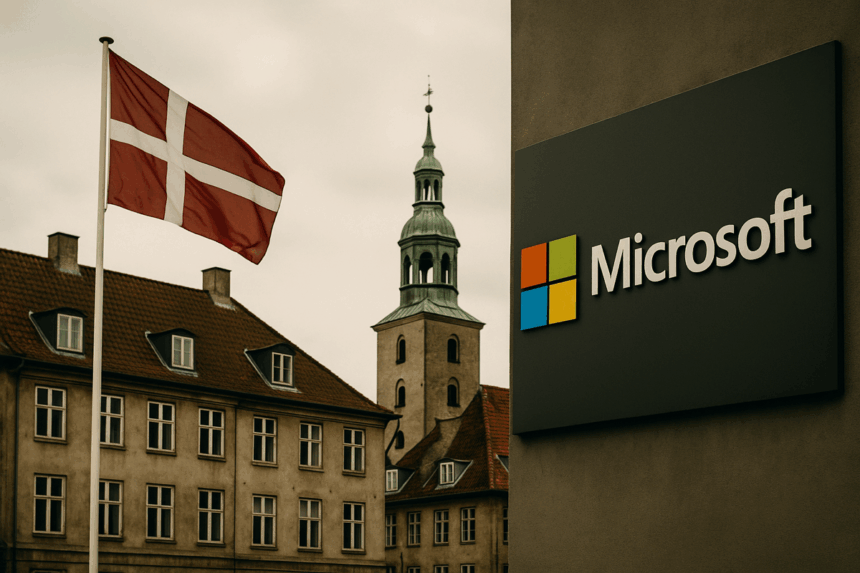Two of Denmark’s largest municipalities, Copenhagen and Aarhus, are ending their use of Microsoft systems. This decision presents a growing unease across Europe regarding privacy and control issues associated with US Big Tech companies. Concerns deepen amid heightened political tensions with the US government and calls for stronger local digital sovereignty. TF explores why these cities are making the switch, what alternatives they pursue, and the broader implications for Europe’s technology future.
What’s Happening & Why This Matters
Denmark’s capital, Copenhagen, plans to move away from Microsoft Office and related software. Henrik Appel Espersen, chairman of Copenhagen’s audit committee, cites both economic reasons and the company’s “monopoly-like” market position. The situation has become more urgent due to tensions involving former US President Donald Trump, making data security and independence a pressing issue.
Similarly, Aarhus, Denmark’s second-largest city, has already replaced Microsoft technology with a German system. This change aligns with a growing trend in Europe to reduce reliance on American cloud services and software platforms.
These moves follow public debates in other countries, such as the Netherlands. Earlier this year, the Dutch parliament passed motions to develop a national digital cloud, aiming to minimize dependence on US cloud providers. This reflects a shared concern about possible disruptions if US policies compel tech companies to hand over European data or stop offering cloud services.
An expert panel in Denmark has also raised concerns about the heavy influence of US Big Tech on the country’s digital infrastructure. Their December 2024 report urged Europe to cultivate homegrown tech alternatives that can grow independently. The panel stated clearly that “no one should be forced to use the services of tech giants to get information and participate in social, cultural, and democratic communities.”
Denmark’s Minister of Business and Industry, Morten Bodskov, emphasized the risks. He noted that relying solely on Big Tech makes society vulnerable in an era of geopolitical pressure and technology competition. He advocated developing European solutions to strengthen resilience and control.
European policymakers are also preparing to tighten rules around cloud infrastructure. The European Commission is conducting consultations until July 3, 2025, to craft legislation aimed at closing Europe’s cloud and AI capacity gap. The new framework will support research, private investment, and increased secure data processing in EU-based cloud providers.
Mario Draghi’s 2024 report on Europe’s competitiveness also underlines the need to reduce dependence on non-EU cloud services. Strengthening the bloc’s technological infrastructure is critical for its future.
TF Summary: What’s Next
Denmark’s decision by Copenhagen and Aarhus to drop Microsoft signals a growing push across Europe to regain digital autonomy from US Big Tech. Privacy and geopolitical concerns are driving cities to seek alternatives, often favoring regional providers.
The upcoming EU cloud legislation will further shape how member states manage data sovereignty and their investments in infrastructure. These developments mark a shift towards building a more secure and independent European digital ecosystem.
Businesses, governments, and citizens are scrutinizing how Europe implements new rules and technologies to reclaim control of its digital future.
— Text-to-Speech (TTS) provided by gspeech


